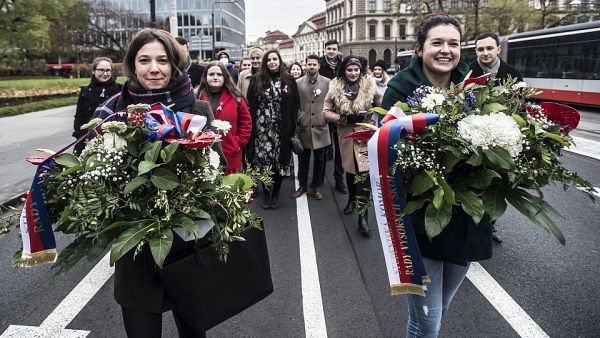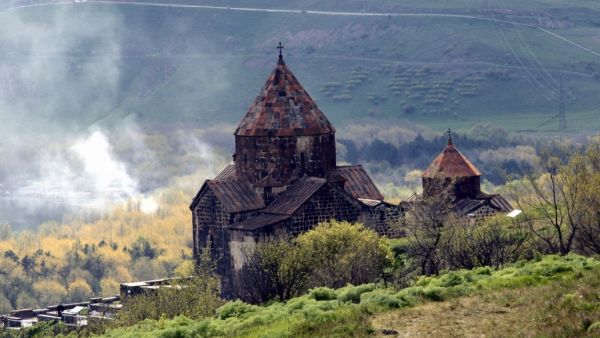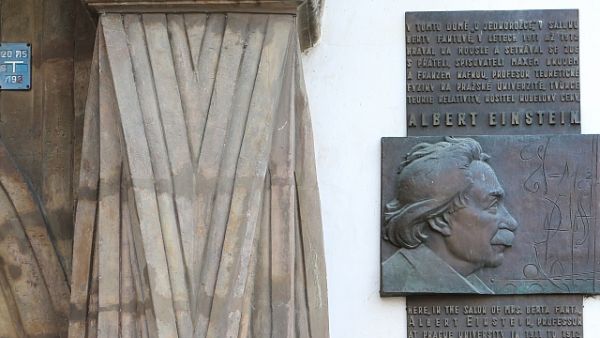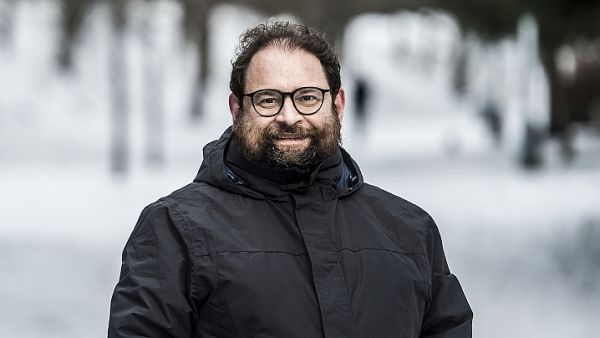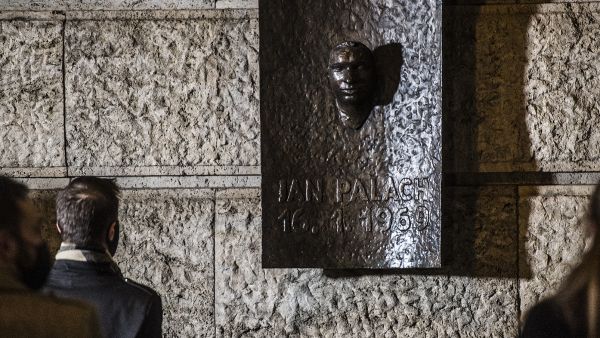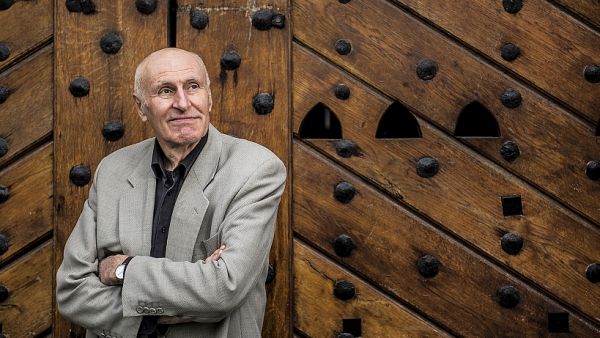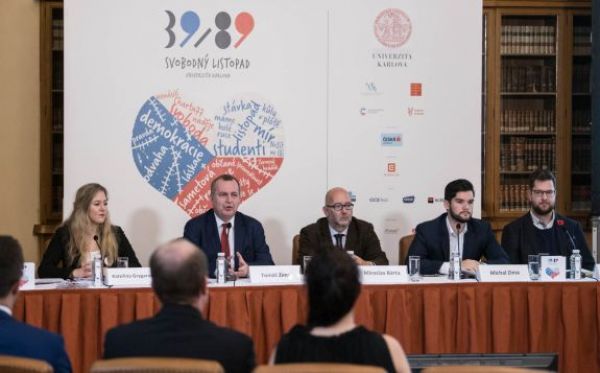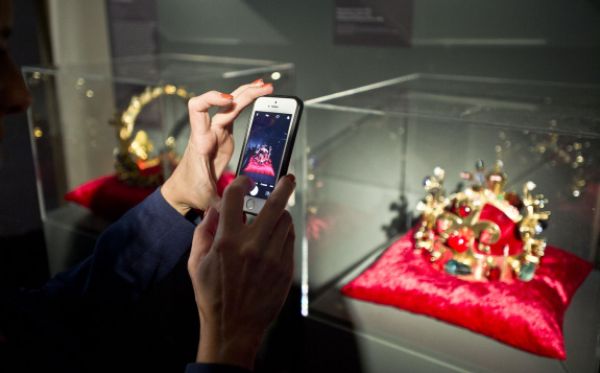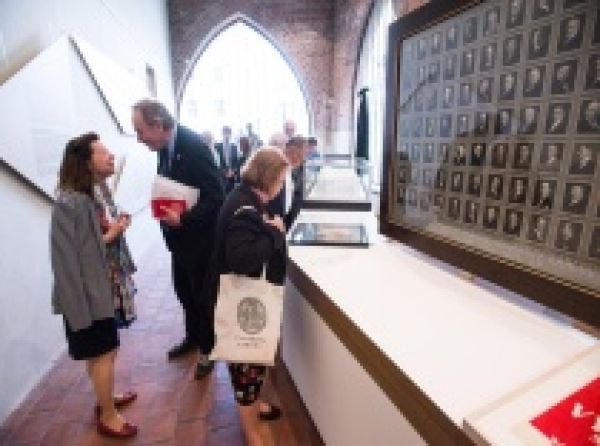Displaying items by tag: history
Czechs have been marking 17 November, commemorating the courage of students and citizens who stood up to two different totalitarian regimes: against the Nazi oppressors in 1939 and the Communists 50 years later. Students, teachers and representatives of Charles University all took part.
The last three weeks brought about a dramatic turn of events in Afghanistan with the collapse of the central government and the return of the Taliban. How did the US get into such a position after almost 20 years’ involvement? Forum discussed the situation with Jiří Pondělíček of Charles University’s Department of North American Studies.
Stunning landscapes, diverse in languages, home to different cultural traditions: all that and more are the Caucasus bridging Western Asia and Eastern Europe. The region has long been the focus of Faculty of Arts’ Associate Professor Petra Košťálová.
As a little girl, Lucie Korecká received a copy of The Hobbit and was enchanted by J.R.R. Tolkien’s world, explored further in fantastic detail in The Lord of the Rings. The work was influenced by Icelandic and Norse mythology and later Korecká pursued her passion for Old Norse at the Faculty of Arts, where she is completing her PhD.
It has been 110 years since Albert Einstein arrived in Prague for his tenure as a professor of theoretical physics – 16 months in his life that were often overlooked. Einstein in Bohemia by historian Michael D. Gordin changes earlier perceptions, showing that it was in Prague that Einstein shifted full-time to the study of gravity.
Historian Franc – The Czechs changed goulash forever
If you understand Czech and are interested in Czech cuisine, you will want to look up the popular internet series Zmlsané dějiny co-hosted by historian Martin Franc. Franc, who teaches at Charles University, delights in debunking culinary myths but also gives credit where it is historically due.
Even in the midst of the continuing pandemic Charles University has honoured Jan Palach, the student who in an act of protest in January 1969 doused himself in petrol and set himself alight. The drastic act, sacrificing his life, was aimed at shaking his fellow citizens out of lethargy to protest the Soviet-led invasion.
Hilský - Shakespeare's England: Portrait of an Age
Martin Hilský is one of the country’s most prominent translators of Shakespeare’s plays and sonnets into Czech. In 2011, his translations were published in a single volume The Complete Works (Dílo). Now, Academia has followed up with Shakespeare’s England: Portrait of an Age.
Rich programme at CU to commemorate events of 1939/1989
Czechs, in a little over a week’s time, will be marking the 30th anniversary of the Velvet Revolution, which began on November 17, 1989 following a brutal crackdown against students by the communist riot police.
New exhibition marks Wenceslas IV’s legacy
Between Two Ages is the sub-caption of a new exhibition which opened at Charles University on Wednesday, marking the reign of Czech King Wenceslas IV, on the 600th anniversary of his death, a monarch who bridged the period of prosperity under his father, Charles IV, and religious and social upheaval which followed.
We are here outside the famous Carolinum – the heart and soul of Charles University in Prague. This year the university has been marking 100 years since the founding of Czechoslovakia and recently opened an exhibition entitled “Czechoslovakia in 100 objects”.
Anyone interested in the history of hot chocolate, tea and coffee would be thrilled to sit down with Karel Černý - the head of Prague’s Institute of Medicine and Foreign Languages at Charles University's First Faculty of Medicine - as we did. Barring that, the next best thing may be to pick up his soon to be published history about caffeinated beverages in Central Europe.


